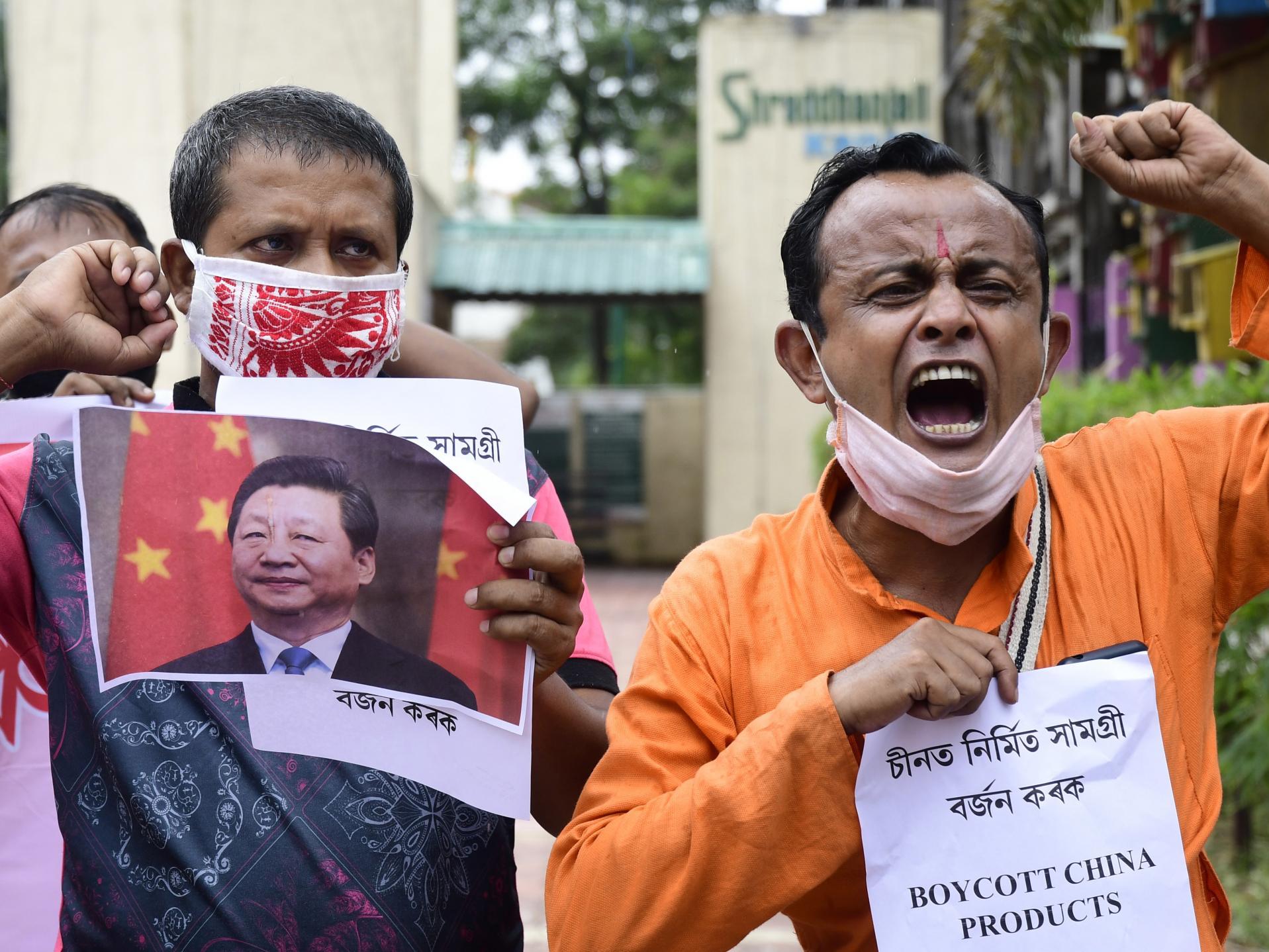Indian minister calls for boycott of Chinese restaurants after armies engage in brutal border clash
Twenty Indian troops were killed in disputed mountainous border region

An Indian minister has called upon people to boycott Chinese restaurants, after the two nations’ armies engaged in a brutal hand-to-hand clash in a disputed mountainous border region.
Ramdas Atawale, the country’s social justice minister, also demanded a ban on multicuisine restaurants selling Chinese food.
“China is a country that betrays,” he tweeted. ”India should boycott all products that are made in China.
“All restaurants and hotels that sell Chinese food in India should be closed down.”
His comments come after 20 Indian troops were killed in clashes with Chinese soldiers on Monday in the Galwan Valley, in the Ladakh region of the western Himalayas.
Hundreds of soldiers fought each other with clubs studded with nails and iron rods for several hours in the deadliest conflict between the two sides in 45 years.
India has said China also suffered casualties, but China has given no details of any deaths or injuries among its forces.
Nationalist groups have stepped up their calls for a boycott of Chinese goods and a cancellation of contracts with Chinese firms.
The call for a boycott followed protests on Wednesday in the capital Delhi, where demonstrators destroyed items they said were made in China while chanting: “China get out.”
China’s Oppo cancelled the live online launch of its flagship smartphone in India.
Both sides have accused each other of instigating the clash.
China stuck to its position that Indian troops had deliberately provoked and attacked its officers, though it also signalled it wanted talks.
Foreign Ministry spokesperson Zhao Lijian, citing Chinese Foreign Minister Wang Yi in a call with his Indian counterpart, said that “mutual respect and support serves our long-term interests” as two emerging nations trying to realise their full development.
“After the incident, China and India communicated and coordinated through military and diplomatic channels,” he said at a daily briefing. “The two sides agreed to deal fairly with the serious events caused by the conflict in the Galwan Valley, and ... cool down the situation as soon as possible.”
This situation is likely to challenge India’s prime minister, Narendra Modi, who was elected to a second five-year term in May 2019 on the back of a campaign focused on national security.
Mr Modi said on Wednesday that the soldiers' "sacrifices will not go in vain", and warned China that India “wants peace, but when provoked will give a fitting reply regardless of the situation”.
China and India fought a brief border war in 1962 and have had occasional flare-ups when patrols have confronted each other at the poorly defined Line of Actual Control, the de facto border.
Additional reporting by agencies
Join our commenting forum
Join thought-provoking conversations, follow other Independent readers and see their replies
Comments
Bookmark popover
Removed from bookmarks